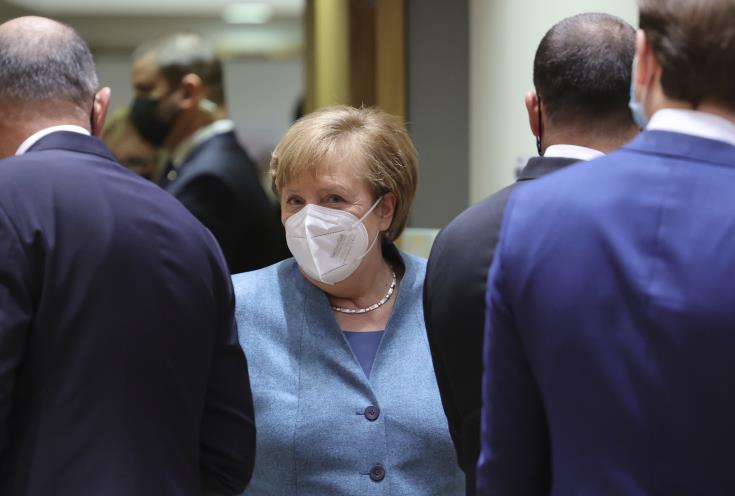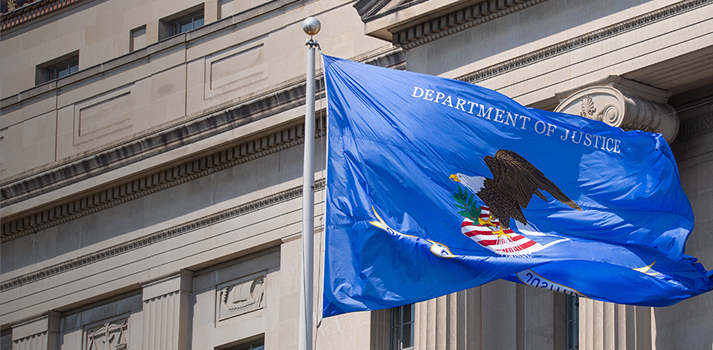European Union leaders pledged to expand a sanctions list against Turkish individuals targeted with travel bans and asset freezes over ‘illegal’ energy exploration in the eastern Mediterranean.
Brussels stopped short of moving toward more economically painful sanctions against the government in Ankara, as advocated by Cyprus, Greece and France.
EU leaders gave the go-ahead in Brussels for work on enlarging a blacklist now composed of two employees of Turkish Petroleum Corp in response to Turkey’s natural-gas hunt off Cyprus.
This may lead to more individuals being targeted, and – potentially – the inclusion of some companies and governmental organizations.
The 27-nation bloc’s government heads resisted Greek-led demands to start drafting tougher penalties such as a ban on transactions between European institutions and Turkish businesses.
Instead, they held out the possibility of weighing more punitive measures by March should Ankara continue its confrontational acts in the eastern Mediterranean.
“The EU remains committed to defending its interests and those of its member states as well as to upholding regional stability,” the leaders said in a joint statement released early Friday.
The EU wants to make Ankara pay a price for its drilling in waters claimed by Cyprus and Greece.
But the bloc hopes to prod Turkey into de-escalation and avoid triggering a rupture in relations with a major trading partner and a key ally in the fight against illegal migration into Europe from the Middle East.
The European summit outcome marks a hard-fought compromise between a group of EU countries including Greece, Cyprus and France that want to pursue a harder line against Turkey and a Germany-led faction keen to tread more carefully.
The EU doves were handed an extra argument for delaying any immediate move toward broader penalties by the victory in U.S. presidential election of Joe Biden.
European capitals want to work closely with him on a range of issues including Turkey after four tension-filled years with outgoing President Donald Trump.
“The EU will seek to coordinate on matters relating to Turkey and the situation in the eastern Mediterranean with the United States,” EU leaders said.
Ankara disputes the maritime borders of Greece and Cyprus.
Competing claims to sovereignty over waters rich in hydrocarbon reserves led to a naval standoff between Greece and Turkey earlier this year, while an agreement in principle to enter into dialogue has so far failed to materialize.
The Turkish occupation of northern Cyprus since 1974 has been a further source of tensions.
Greece maintains that islands must be taken into account in delineating a country’s continental shelf, in line with the United Nations Law of the Sea, which Turkey hasn’t signed.
Ankara argues that a country’s continental shelf should be measured from its mainland and that the area south of Kastellorizo — just a few kilometres off Turkey’s southern coast — falls within its exclusive economic zone. (source Bloomberg)









